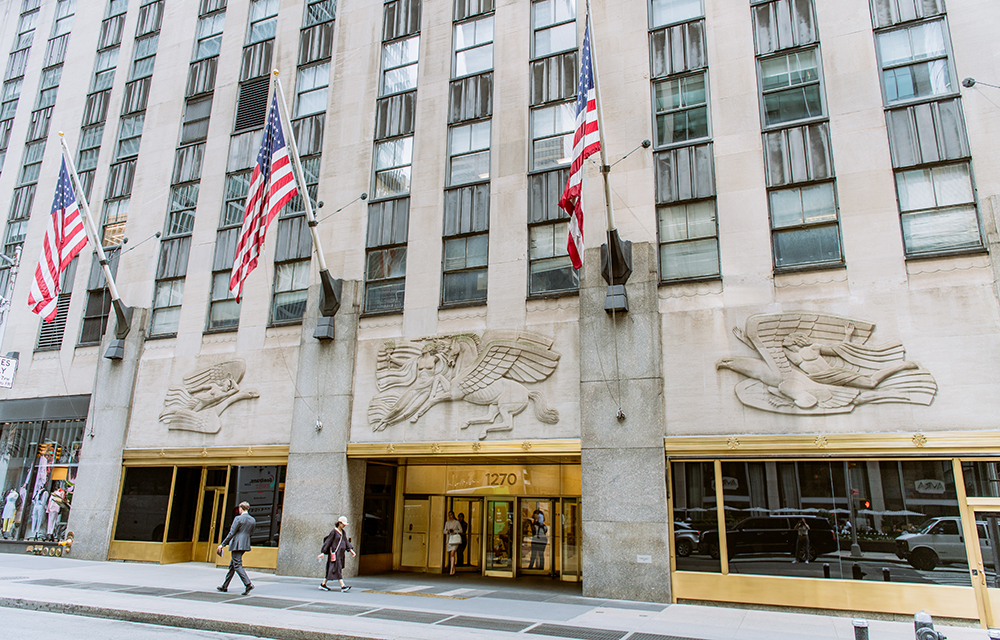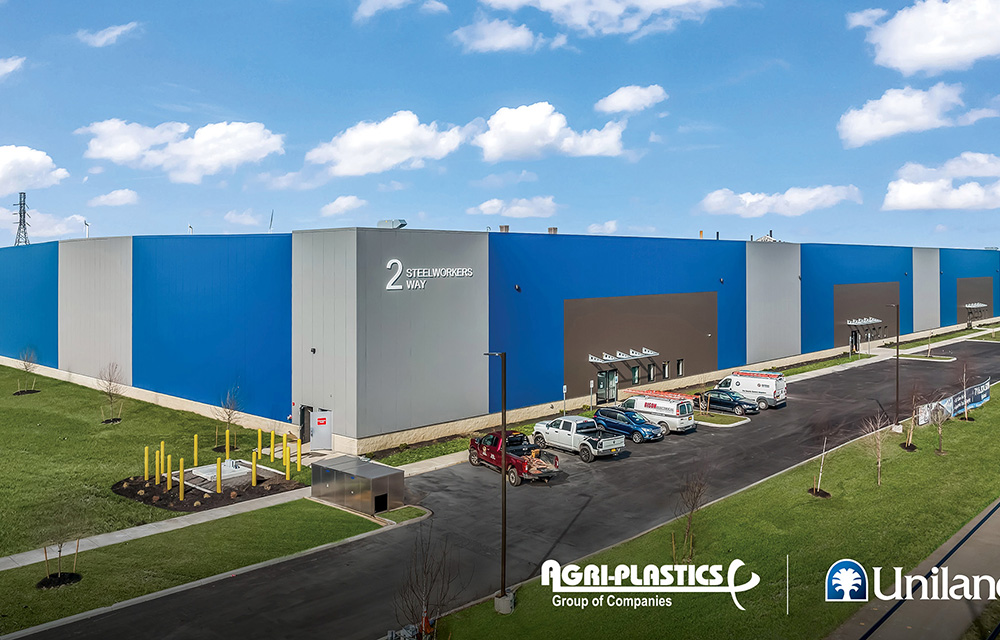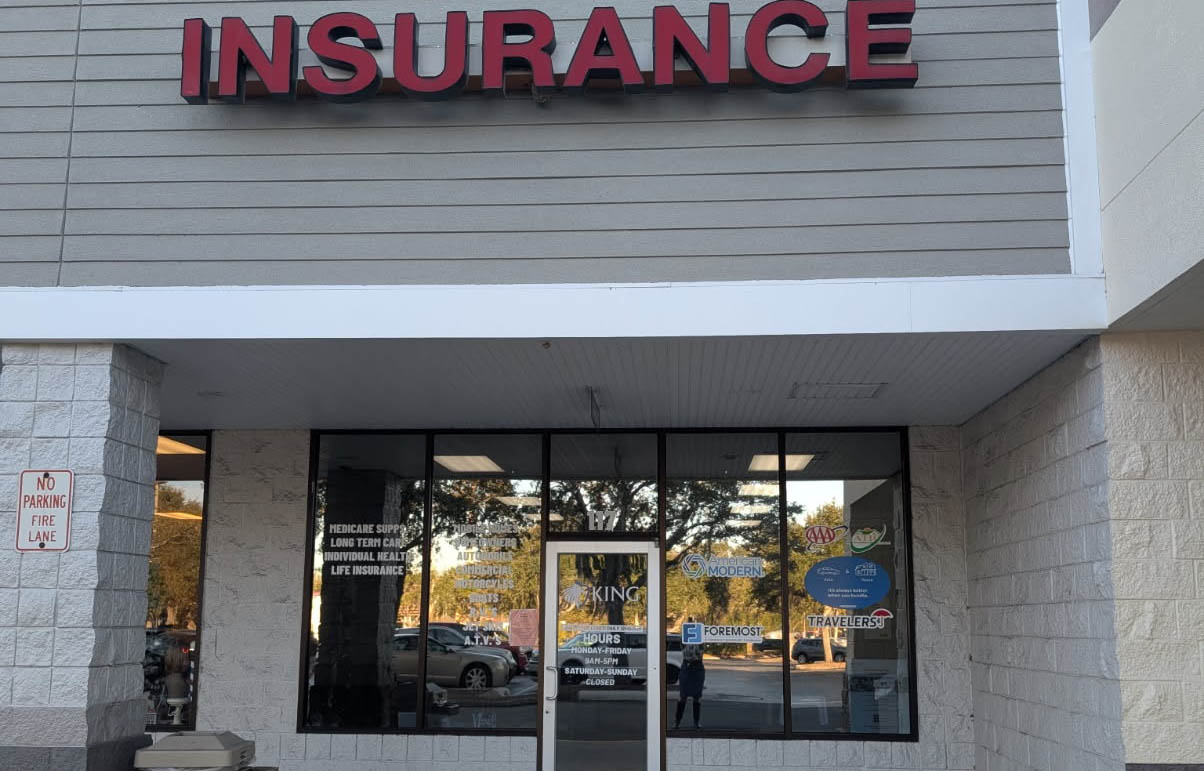Anchin empowering MWBEs with "Future Forward 2024" event

Manhattan, NY Anchin, a leading accounting and advisory firm, is pleased to report that the "Future Forward 2024: Public and Private MWBE Construction Initiatives" event held last month was a success. This event, hosted at Anchin's new Times Square headquarters at 3 Times Square, marked an advancement in fostering collaboration between public and private sectors to support Minority and Women-Owned Business Enterprises (MWBEs) in the construction industry.
"Bringing together the public and private sector forces to engage in a deeper dialogue is essential for empowering MWBEs, driving economic development, and creating more jobs," said Phillip Ross, partner and leader - A&E and construction at Anchin. "Our event underscored the critical importance of these partnerships in overcoming financial barriers and expanding opportunities, setting the stage for a diverse and inclusive future that benefits our communities."
The event included a keynote from Hope Knight, president, CEO, and commissioner, Empire State Development, and two panels of distinguished industry voices. The public sector panel included Elizabeth Velez of Velez Construction, Justin Rodgers of The Greater Jamaica Development Project, Kimberly Hardy, Esq. of McKissack, Douglas Gonzalez of LERA Consulting Structural Engineers; and the private sector panel featured Ted Archer of JP Morgan Chase & CO, John Rooney of Gilbane Building Corp., and Sevinc Yuksel of Rudin Management Company. Both groups shed light on the hurdles MWBEs face in either sector—from financial obstacles to the scarcity of targeted opportunities. These discussions underscored the pressing need for a symbiotic relationship between public and private sectors to foster an environment where MWBEs can thrive, especially against political challenges impacting Diversity, Equity and Inclusion (DEI) efforts.
Anchin's commitment to diversity and inclusion shone brightly as the event underscored the firm's dedication to discussing DEI efforts and actively contributing to meaningful change. "We were proud to have worked with a developer like Rudin, who achieved 40% MWBE trade participation for the fit-out of our new headquarters at 3 Times Square.” Ross added. "Future Forward 2024" sets the stage for ongoing dialogue and action toward enhancing MWBE participation in construction, highlighting Anchin's role as a leader in promoting diversity, innovation, and economic growth within the industry.
Highlights from "Future Forward 2024" include:
Hope Knight, president, CEO, and commissioner of Empire State Development, highlighted New York's leadership in MWBE integration, "Our state is at the forefront nationally, with 32% of contracts awarded to MWBEs." She emphasized, "Significant progress is being made in New York, driven by our commitment to elevate and enhance MWBEs." Knight underscored the importance of tangible actions over mere rhetoric, highlighting Governor Hochul’s Initiative for Inclusive Entrepreneurship. She acknowledged the accomplishments made thus far while stressing the ongoing journey towards even greater inclusivity and support for MWBEs.

On Major Obstacles Facing MWBEs:
Elizabeth Velez, president of Velez Construction, highlighted that lacking opportunities remains a significant hurdle for MWBEs, "Finance is crucial, but opportunities are the foundation." She acknowledged positive developments in the industry, yet stressed the need for further progress. Velez also spoke on the challenges faced in recent years, stating, "We're still recovering from the stagnation of the past three years." The rise in interest rates has contributed to delayed payments, placing additional strain on small businesses, with payment periods extending from the usual 30 days to 45 or 60 days.
Kimberly Hardy, Esq., senior vice president, diversity, inclusion, and compliance services at McKissack, emphasized the critical role of private investments in advancing diversity. She advocated for providing opportunities across all categories, highlighting the diverse nature of MWBEs. "It's essential to recognize that MWBEs encompass a broad spectrum of businesses," Hardy said.
Justin Rodgers, president & CEO of The Greater Jamaica Development Corp., identified financing as a significant barrier, particularly regarding cash flow and payment delays—the most common grievance among MWBEs. He highlighted the organization's proactive approach to this issue, offering lines of credit to MWBEs to alleviate the burden of covering substantial expenses with credit cards while awaiting payment. This initiative underscores the Corp's commitment to supporting MWBEs in navigating financial challenges.
Douglas Gonzalez, P.E., partner at LERA Construction Engineers, emphasized the pivotal role of government support for small businesses, which inherently benefits MWBEs, given the close connection between small enterprises and MWBEs in the region. He underscored the need to raise awareness about MWBEs, advocating for enhanced marketing efforts to spotlight their contributions and capabilities.
On the Importance of Relationship Building:
Hardy highlighted their proactive approach to extending procurement opportunities to subcontractors and smaller firms, fostering inclusivity. She advocated for more large corporations to partner with smaller MWBEs, citing the enhanced accessibility of virtual meetings as particularly beneficial for smaller entities. "Networking is crucial," Hardy said, "as business thrives on familiarity and trust.”
Velez echoed the significance of forging strong industry relationships, likening them to "a marriage" and emphasizing their commitment. Both Hardy and Velez addressed the challenge of breaking the cycle where large developers tend to collaborate with familiar partners. They stressed the need for these developers to be more open to engaging with new MWBE subcontractors, who may offer equal or superior quality work. This requires a concerted effort to expand access, open more doors, and cultivate partnerships with new players in the industry.
On Workforce Development:
Velez emphasized the critical shortage in the workforce, stating, "Everyone needs workforce. We're facing a shortfall and must focus on attracting young talent to our trades. It's essential to intensify our efforts in recruiting and retaining skilled workers."
Gonzalez highlighted the importance of continuous development for employees, saying, "Once someone joins your team, the work doesn't stop there. Mentoring them and fostering a career path within the industry is crucial, enticing them to stay. Without this investment, we risk losing valuable talent."
Rodgers stressed the value of establishing connections with educational institutions, mentioning how they have recently partnered with St. John's University to bridge the gap between education and industry needs.
Hardy pointed out the broader social benefits of working with MWBEs: "Collaborating with MWBEs promotes diversity and supports local employment. Our communities and local politicians deeply value this contribution towards creating a robust local workforce." The panel and audience nodded when Hardy said, "Jobs, jobs, jobs."

Private Sector Panel on the Strengths and Weakness of MWBE Certification:
Ted Archer, executive director of global supplier diversity at J.P. Morgan Chase & Co., highlighted the vast opportunities for MWBEs within the private sector, noting a significant gap in connectivity between public and private initiatives. There's a tremendous opportunity in the private sector, yet "there is not much of a crosswalk between the public and private sectors," he said. The lack of a bridge between the public and private sectors means MWBEs are often unaware of these opportunities. "Becoming certified is a crucial first step for MWBEs to tap into these private sector opportunities, with several certification groups available to facilitate this process," Archer said.
John Rooney, area director of economic inclusion New York and Greater Atlantic divisions at Gilbane Building Corp., addressed the nuanced approach needed in the private sector, pointing out the varied scale of projects and the importance of certification. "In the private sector, the scale of spending and projects can vary greatly. While city and state-level certification is important, we must ensure these businesses are genuinely owned and operated as claimed. This thorough verification encourages more MWBEs to seek certification and participate in private sector projects," Rooney said.
Sevinc Yuksel, senior vice president/head of design & construction at Rudin Management Company, discussed the challenges MWBEs face, particularly in the residential sector, due to the prohibitive certification cost. "Many minority-owned contractors we work with choose not to pursue certification due to its high cost, despite their potential to contribute significantly at various project levels. Addressing these barriers can open up more avenues for MWBE involvement in residential and broader construction projects," Yuksel said.
On the percentages of MWBEs on Projects:
Archer addressed the essential steps for bridging the gap between the private sector and MWBEs, emphasizing the need for collective effort, "Everybody needs to lean in." He highlighted the diversity of approaches needed, stating, "There's no one-size-fits-all solution." J.P. Morgan Chase & Co. aims to foster a shared value system among its clients, advocating for clear communication of expectations with supply chain partners. "Being upfront about our expectations and seeking partners who commit to similar standards has proven effective," Archer said, underlining the importance of building strong relationships and maintaining open dialogue in the construction industry to enhance MWBE inclusion.
Rooney observed that while many corporations pledge to hire more MWBEs, this commitment often fails to materialize in their RFPs. He pointed out that while the public sector mandates MWBE inclusion, the private sector frequently falls short when left to its devices and needs to catch up. Rooney said, "This work is feasible," highlighting the economic benefits and enhanced community reputation of MWBE engagement. He advocated for accountability in the construction industry, underscoring the need to prioritize relationship-building and follow through on commitments to diversity and inclusion.
Yuksel highlighted the firm's approach to MWBE participation, noting the absence of specific corporate goals but the requirement of MWBE participation reporting at the end of each project. Achievements like 40% MWBE involvement in the Anchin offices project and 18% in the 3 Times Square development showcase their commitment to diversifying their contractor pool despite challenges in moving beyond familiar subcontractors. Yuksel pointed out the pivotal role of leveraging construction managers and general contractors active in both private and public sectors to bridge MWBEs into private opportunities, emphasizing that achieving participation rates is about recognizing and utilizing the existing capacities of these firms. "It's about doing the right thing," Yuksel stated, underscoring the importance of giving MWBEs a chance, driven by both moral imperatives and the tangible benefits of their high-quality work, as evidenced by Rudin's successful projects.
The public sector panel was moderated by Brian Sanvidge, CIG, CFE, principal & leader, regulatory compliance & investigations at Anchin. The private sector panel was moderated by Jared Green, PE, BC.GE, F.ASCE, principal, and chief diversity officer, Langan.
Horizon Kinetics relocates new headquarters to Tishman Speyer’s Rockefeller Center


Behind the post: Why reels, stories, and shorts work for CRE (and how to use them) - by Kimberly Zar Bloorian

AI comes to public relations, but be cautious, experts say - by Harry Zlokower

Strategic pause - by Shallini Mehra and Chirag Doshi









.jpg)
.gif)
.gif)